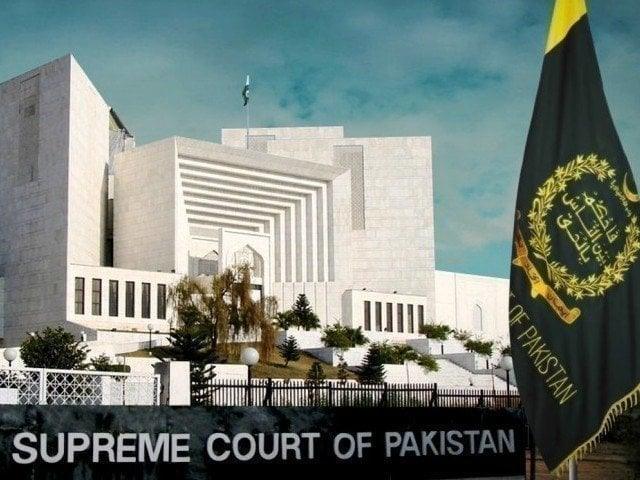Islamabad:
The Supreme Court stressed that the public service must remain free from political interference, observing that bureaucracy is intended to serve as a state steel framework, not a rubber stamp for any political party in power.
The Apex Court made the observations in a seven -page judgment written by judge Syed Mansoor Ali Shah while putting aside the decision of the Punjab Service Court which had refused promotion to a speaker.
“Civil bureaucracy serves as the backbone of the state, responsible for guaranteeing the continuity, stability and efficiency of governance,” said the decision.
He stressed that, unlike political leadership, which changes with electoral cycles, the public service provides “institutional memory and administrative stability required for the uninterrupted functioning of the government”.
The speaker’s file was sent for promotion through a working document subject by the ministry.
However, on March 7, 2019, the promotion department committee (DPC) postponed its promotion on the pretext that the rules required the modification and declared that promotions would be considered later.
Its representation against the DPC decision was rejected on August 19, 2019, while its ministerial appeal was rejected on November 29, 2019.
Consequently, she challenged the two orders through a service call before the Punjab Service Tribunal, Lahore, also rejected via an order dated January 10, 2022.
By putting aside the decision of the court, the division bench of the SC led by J. Shah noted that the public service had played a vital role in the implementation of policies, the provision of services and the maintenance of the institutional framework of the State.
“A fundamental characteristic of an effective public service is impartiality and meritocracy. In order to effectively obtain this role, the public service must remain free from political interference.
Citing Professor Lorne Sossin, the bench stressed that civil servants were the guards of public confidence and their duty of loyalty to the public interest must, in certain circumstances, be a higher obligation than the duty of loyalty due to the government of the time.
“They should not be penalized to oppose government policies, in particular in the event of illegal acts or threats to public security.”
“The classic theory of bureaucracy of Max Weber reminds us that only a professional public service, based on merit and politically neutral can maintain the rational-legal authority of a modern constitutional state. In Gladden, constantly stresses that the loyalty of the civil servant is towards the State and its institutions, not to political leaders or transitional parts.”
The SC bench noted that at the end: “We draw the strength of our founding father’s words, Quaid-Ezam Muhammad Ali Jinnah, who said: Civil officers should not have hands to support this political party or this political party, this political leader or this political leader-it is not [their] business”.




